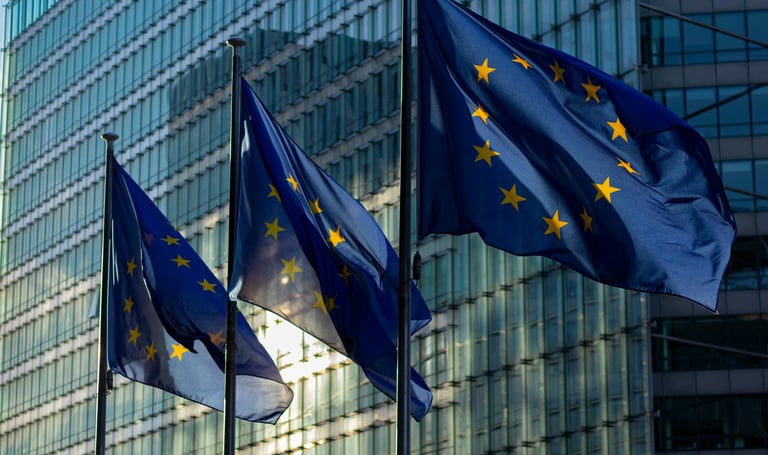The EU's Recognition of Intergenerational Dialogue and Fairness
The European Commission has taken a significant step in acknowledging the importance of intergenerational dialogue and fairness by appointing Glenn Micallef as its first Commissioner dedicated to this cause. His mandate covers Intergenerational Fairness, Youth, Culture, and Sport, reflecting a growing commitment to policies that balance the needs and opportunities across different age groups.
Janevski
2/20/20251 min read
InterGenic project
Intergenerational cooperation within the European Union (EU) is poised to gain prominence in the coming years, driven by demographic shifts and policy initiatives. The ageing population in Europe necessitates strategies that foster collaboration between different age groups to enhance social cohesion and mutual support
Demographic Trends and Policy Responses
As Europe's population ages, with projections indicating a significant increase in the number of older adults by 2050, the EU is focusing on policies that promote active ageing and intergenerational solidarity. Educational programs are being designed to encourage learning exchanges between younger and older generations, aiming to bridge knowledge gaps and reduce social isolation. These initiatives improve individual well-being and strengthen community ties.
Within the InterGenic consortium, we recognize that successful intergenerational dialogue requires practical action and sustained collaboration. Our work aligns with the EU’s vision by:
Facilitating discussions that bring together policymakers, businesses, and individuals from different generations.
Developing research and insights to support fair and inclusive policies.
Promoting initiatives that encourage the exchange of knowledge and experience between younger and older generations.
As the EU moves towards implementing a strategy for intergenerational fairness, InterGenic will continue to contribute to these goals, ensuring that fairness and collaboration remain at the heart of societal progress.
Intergenerational fairness is crucial for ensuring that policies today do not disproportionately benefit or burden any particular generation. With the economic challenges, demographic shifts, and social transformations shaping Europe’s future, the need for a structured, forward-looking approach is becoming more urgent.
Micallef’s role is set to focus on addressing disparities between generations, particularly in areas such as employment, education, social security, and environmental sustainability. His early initiatives include fostering youth participation in policymaking and promoting a healthier, more active society across all age groups. By prioritizing these issues, the EU is signalling a broader shift towa rds long-term, inclusive policymaking.


A Timely Shift in EU Policy

Sign up for the newsletter and receive it via email
Available in the following languages:
Previous editions available bellow
Newsletter February-March 2024
Newsletter October - November 2025


Project number: 2023-1-ES01-KA220-ADU-000155225